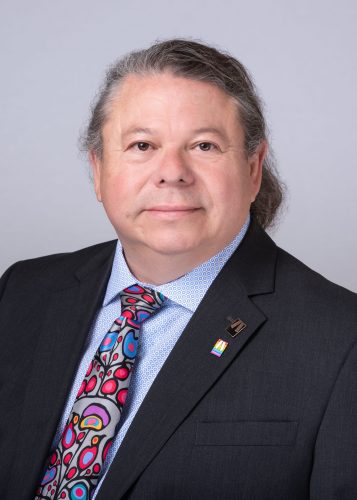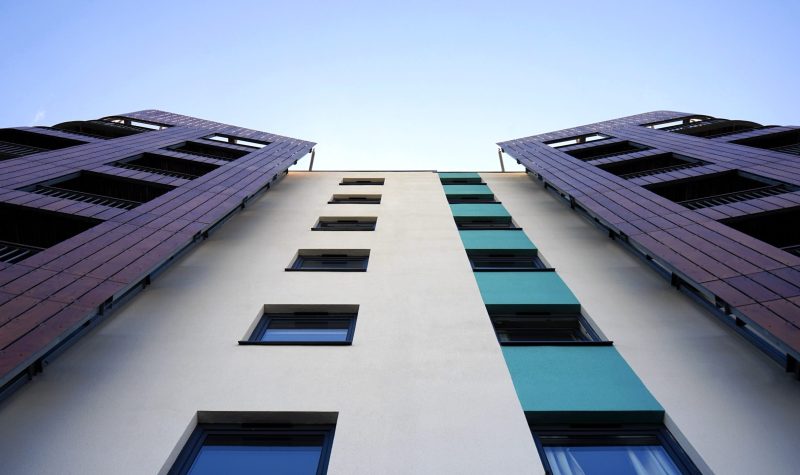The Wabanaki Two Spirit Alliance has received government funding to build and manage the first two-spirit transitional housing project in Halifax.
"It is the first housing to be built for two-spirit people, but I can tell you, it won't be the last," said Tuma Young, two-spirit Mi'kmaw lawyer from Membertou and co-founder of the Wabanaki Two Spirit Alliance.
Two-spirit, a term coined back in the late 1980s, is used to describe LGBTQ+ plus members who are Indigenous.
"The priority is for Two-spirit people. I'm not at liberty to say how much funding we received because the details are still being worked out. We are building a transitional home that's between six and eight units," said Young.

Tuma Young is a Two-spirit Mi'kmaw lawyer and a cofounder of the Wabanaki Two Spirit Alliance. Photo contributed.
The new housing development is part of Canada's National Housing Strategy. Young said that ensuring housing is a major issue due to policy issues, jurisdictional issues, and funding issues.
Tthe new project will take about six months to a year to develop and operate, and Young said that the alliance is still looking for land to build its units on.
"As the organization's other co-founder mentioned, the irony doesn't escape me that we're asking for land."
Young hopes they will be able to build their first transitional project for Two-spirit people in Halifax, but if no land is available, the project would be in nearby areas such as Dartmouth, Sackville, Hammonds Plains or Eastern Passage.
"Housing is such a major issue, we're also looking at some senior housing for LGBTQ+ folks. I'm also looking towards the future of housing and how we can get housing in reserves where I know a lot of two-spirited people without access because they were never even placed on the housing allocation list," said Young.
Young said that housing options often go to families, while two-spirit people are often single or don't have children, and that the real culprit is not the allocation of resources but the fact that more resources are required to provide housing for all in need.
"For example, per community, they may get about 10 houses per year, but the need is actually 400. So with those 10 houses, people have to pick a priority of who will get them. And for a lot of two-spirit people, they will never be able to be on their priority list because there'll always be somebody who will need a house more," said Young.
Better ways to delegate resources among the First Nations communities would be to collaborate with all three levels of government, to identify housing as a priority and find ways to allocate limited resources, according to Young.
"When housing is done properly, fairly, equally, and equitably, then everybody gets a chance at housing," said Young.
Listen to the full CKDU interview below:


